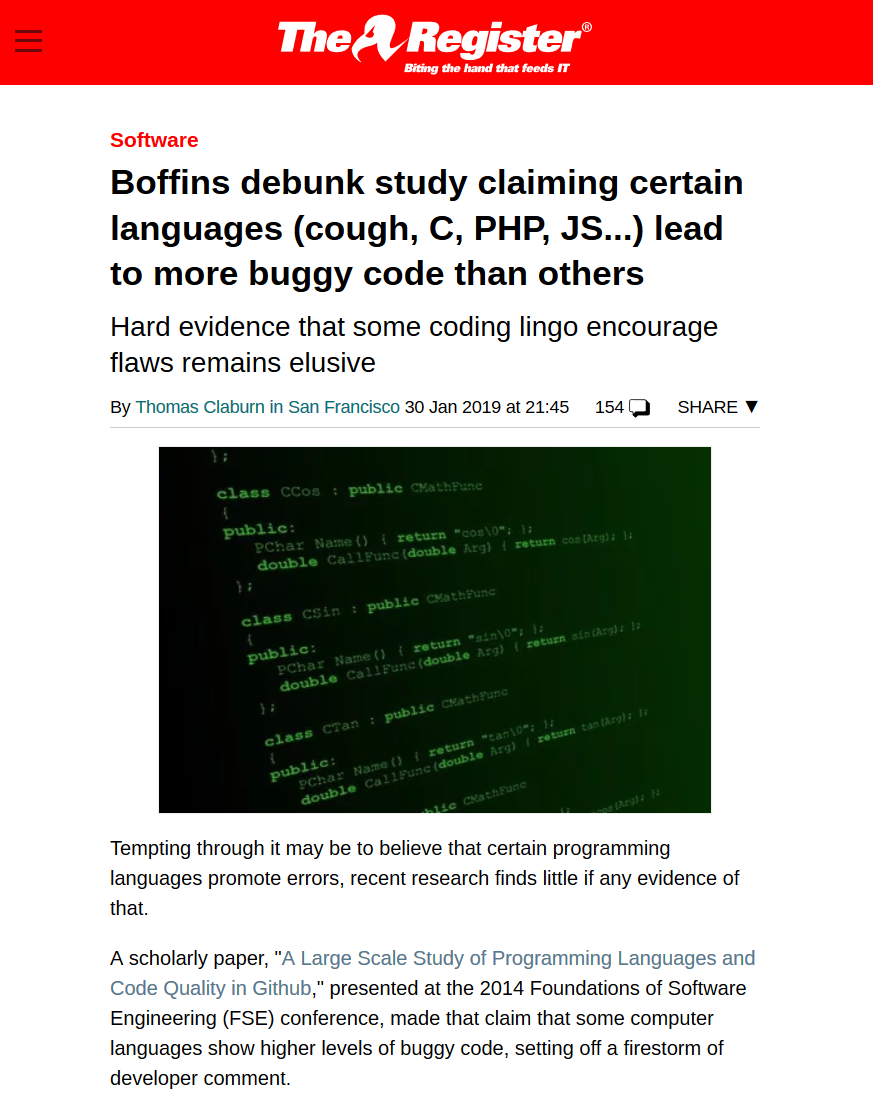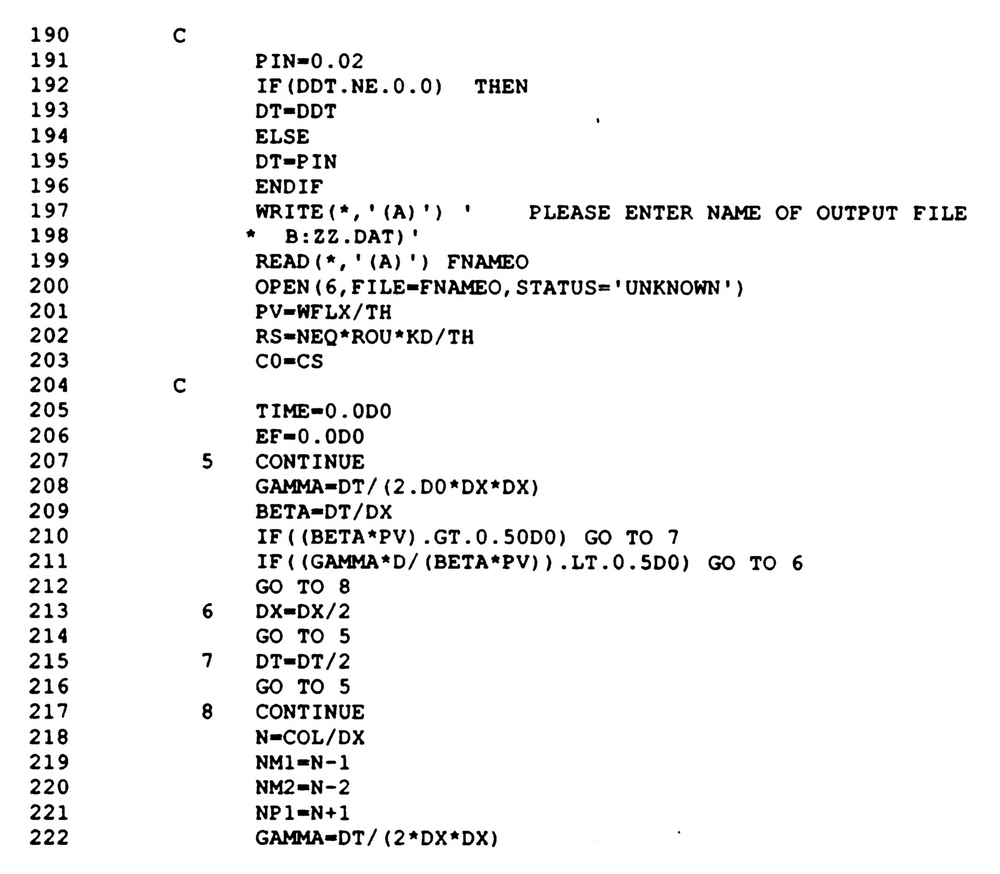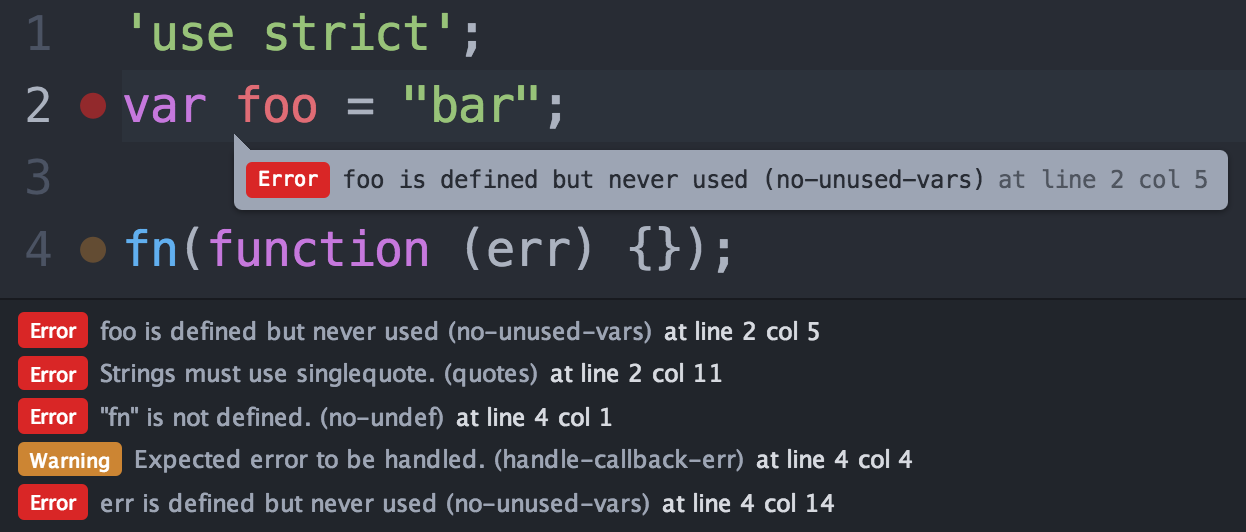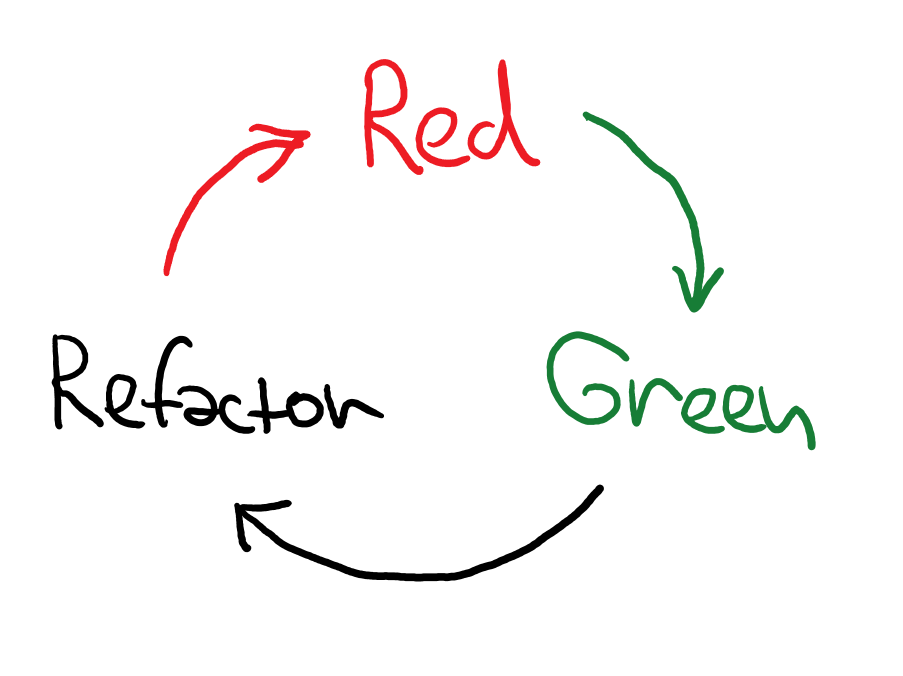CO559: Software Engineering
Code quality
Tomas Petricek
email: t.petricek@kent.ac.uk
twitter: @tomaspetricek
office: S129A
Code quality

Software Maintenance
You spend more time reading and modifying code than writing it.
Investing into readability when writing pays off
eXtreme Programming (2000s)

Keeping code simple
- Write self-documenting code
- Reduce need for comments
- You Ain't Gonna Need It (YAGNI)
Shared understanding in a team
- Common coding standards
- Pair programming
- Use of code reviews

Code for readability
Always code as if the person maintaining your code will be a violent psychopath who knows where you live.
The person maintaining it will likely be future you.
What is good quality code?

Hacker culture
- Quality is learned by experience
- Apprenticeships if coding was craft
- Good examples, but no written rules
Coding standards
- Explicit rules that one can follow
- There are often exceptions
- Good starting point, but not ultimate answer

Do programming languages matter?
[It] appear[s] that strong typing is modestly better than weak typing, and among functional languages, static typing is also somewhat better than dynamic typing.

Do programming languages matter?
Attempt to reproduce the study mostly failed
"I believe they do in my heart of hearts, but it's kind of an impossible experiment to run."
Code quality

Aspects of code quality
- Variable and function names
- Structure of code logic
- Organization of functionality
Processes for keeping quality
- Improving quality through refactoring
- Ensuring code quality using tools
- Ensuring code quality using social processes
Naming

Good naming is easy today!
Computers supports
lower case letters!
Long names fit in
computer memory
Auto-complete helps
you avoid typos
Naming of variables (1/3)
What is the following function doing?
1: 2: 3: |
|
Converting temperature from Celsius to Fahrenheit!
1: 2: 3: |
|
Naming of variables (2/3)
Was that descriptive enough?
1: 2: 3: 4: |
|
Can we improve this by using abbreviations?
1: 2: 3: |
|
Naming of variables (3/3)
Are all variable names in this example descriptive?
1: 2: 3: |
|
This is too much. Sensible exceptions allowed!
1: 2: 3: 4: |
|
Naming of variables
Descriptive names of reasonable length
Name should add semantic information
No need to say it's number, string, etc.
Longer names are good, but don't overdo it!
Follow common conventions where applicable
The more local, the less it matters
Naming of variables, functions and classes

Combining words in names
PascalCasecamelCasesnake_case
Using spaces in a name
- Would makes code nightmare to parse
- Some language allow escaping e.g. ``funny name!``
Naming of classes and methods in Java
Is the following naming consistent or not?
1: 2: 3: 4: 5: 6: 7: 8: |
|
Pascal case Program, camelCase adminMode, main
Naming classes and other issues
Coding standards and exceptions
Java standards use PascalCase for class names
camelCase is used for variables and method names
You should generally follow coding standards
Exceptions such as numerical code: P or alpha
Structure and whitespace

GOTO considered harmful
Can you tell what this does?
1: 2: 3: 4: |
|
And what about this?
1: 2: 3: |
|
Keeping program logic simple
Is there an easier way to write this?
1: 2: |
|
You do not need conditional statement at all!
1:
|
|
Keeping program logic ... logical (1/2)
When does the following return a product page?
1: 2: 3: 4: 5: 6: 7: |
|
When product is available and not hidden!
Which branch is the "happy path" branch?
Keeping program logic ... logical (2/2)
Keep the happy path branches consistent!
1: 2: 3: 4: 5: |
|
Reduce unnecessary nesting
1: 2: 3: |
|
Program logic
Encoding logic in a readable way
Use appropriate language constructs
Make sure you're not complicating things
Keep "happy path" through code clear
Do not use unnecessary nesting of logic
Consistent code indentation (1/2)
What is the right spacing and line breaks?
1: 2: 3: 4: 5: 6: 7: 8: |
|
Compiler ignores whitespace, but humans do not!
Consistent code indentation (2/2)
Follow style of a project or a language; be consistent!
Indent nested code by the same number of spaces or tabs
1: 2: 3: 4: 5: 6: 7: 8: 9: |
|
Writing useful comments
Are you explaining something you cannot see from code?
1: 2: 3: |
|
Also applies to Java inline documentation for methods
1: 2: 3: 4: |
|
Comments and whitespace
Making code easy to read and understand
Don't use comments if you have nothing to add
Comments should add history, motivation, context
Use consistent spacing and indentation
Keep nesting and length of functions sensible
Demo: Improving quality of a poor code snippet
1: 2: 3: 4: 5: 6: 7: 8: 9: 10: 11: 12: 13: 14: 15: 16: 17: 18: 19: 20: |
|
1: 2: 3: 4: 5: 6: 7: 8: 9: 10: 11: 12: 13: 14: 15: 16: 17: 18: 19: 20: 21: |
|
Maintaining and improving quality
Maintaining code quality

Social approaches
- Pair programming - all code writing is done in pairs
- Code reviews - colleague reads code before merging
Technological solutions
- Compiler - only checks if computer can understand
- Style checkers or linters - check stylistic errors and suspicious constructs
Improving code quality

Refactoring
Is a code transformation that
(i) Does not change meaning
(ii) Improves quality of code
Test-driven development
- Red - Add failing test for new unimplemented feature
- Green - Make it pass using whatever hacks you need
- Refactor - Improve quality without breaking it
Example of refactoring (1/2)
The name of the function and input argument are poor
1: 2: 3: |
|
Improve quality using rename refactoring
1: 2: 3: |
|
Note that we use new name in all calls to conv
Example of refactoring (2/2)
What is wrong with this function?
Comment indicates it does two separate things
In reality it would be very long
1: 2: 3: 4: 5: 6: 7: 8: |
|
Example of refactoring (2/2)
Improve quality using extract function refactoring
1: 2: 3: 4: 5: 6: 7: 8: 9: 10: |
|
Note that comment becomes a function name!
Summary
Code quality
What is code quality and why it matters
More time is spent reading code than writing it
Extreme programming - simplicity & shared understanding
Specific rules for keeping high code quality
Naming variables, upper/lower case, indentation
Keeping logic simple and comments meaningful
Maintaining and improving code quality
Social and technological approaches to quality
Refactoring and red-green-refactor methodology
CO559: Code quality
What you should remember from this lecture
- Rules for good naming and lower/upper case
- Keeping logic simple, comments and indentation
- Refactoring and red-green-refactor
Tomas Petricek
t.petricek@kent.ac.uk | @tomaspetricek
References
Selected chapters from books
- Code Complete: A Practical Handbook of Software Construction
- Clean Code: A Handbook of Agile Software Craftsmanship
Papers and articles
